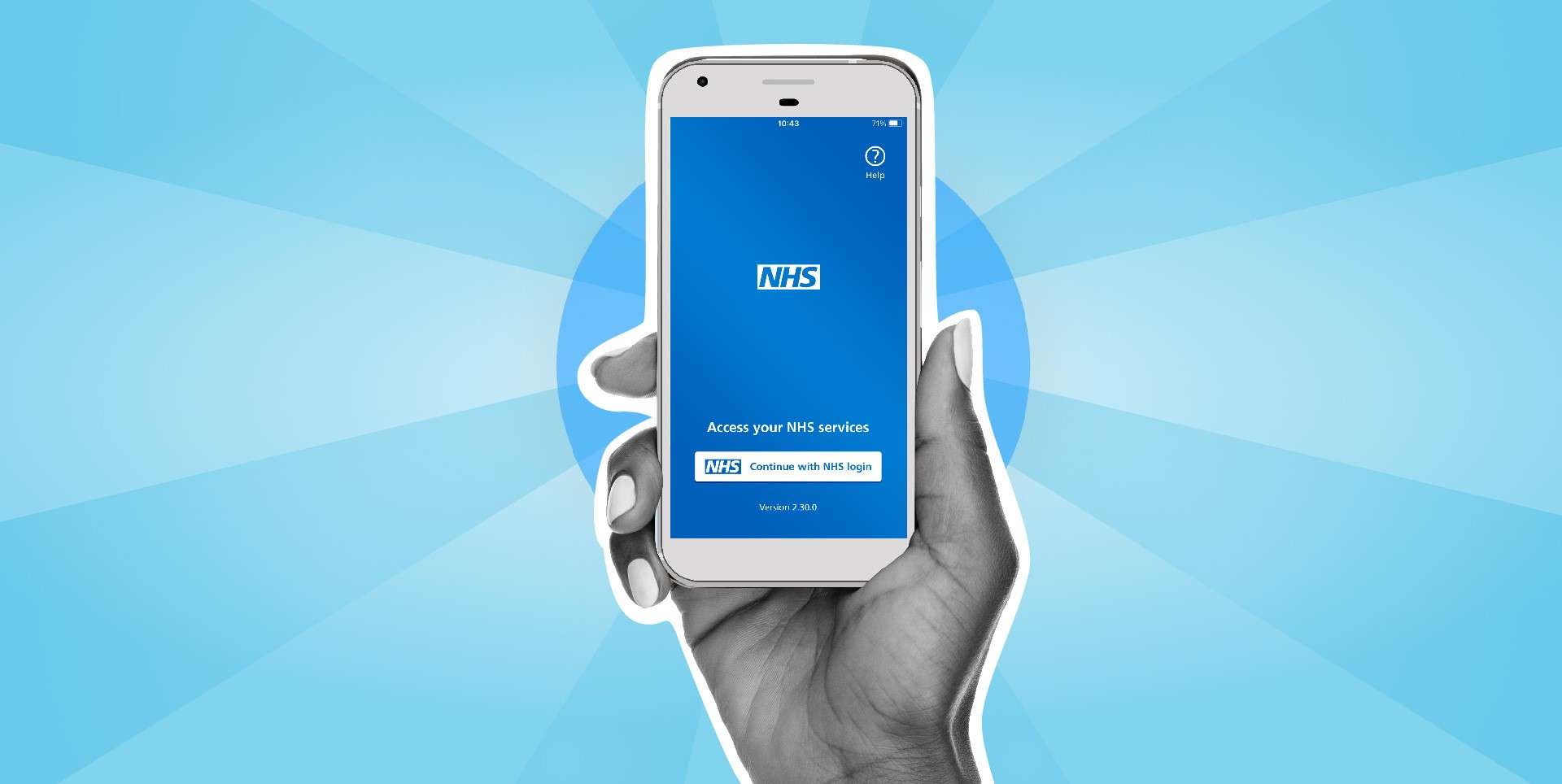Data compiled will be used to help track spread of Covid-19
Credit: PA
The Department for Health and Social Care and the Office for National Statistics will ask thousands of households in England take part in a study to track the spread of coronavirus in the general population.
The project will see 20,000 households contacted as part of a “major” new study to improve understanding of infection levels and potential immunity to the virus.
The findings, which are expected to be available in early May, will inform government plans to ease the current UK-wide lockdown, with health secretary Matt Hancock saying the study will form “a vital part of our ongoing response to this virus”.
He added: “This survey will help to track the current extent of transmission and infection in the UK, while also answering crucial questions about immunity as we continue to build up our understanding of this new virus. Together, these results will help us better understand the spread of the virus to date, predict the future trajectory and inform future action we take, including crucially the development of ground-breaking new tests and treatments.”
Related content
- Coronavirus: can we keep track of our sensitive data?
- Researchers to track coronavirus spread in ‘near real-time’
- Will the UK government use phone tracking to fight pandemic?
Those asked to take part in the new study – which will begin in England only – will form a representative sample of the UK population by age and geography.
DHSC said participants would give samples taken from self-administered nose and throat swabs and be asked questions by a trained health worker during home visits.
Tests will show whether or not those taking part currently have the virus, and participants will be asked to take further tests every week for the first five weeks and then every month for 12 months to continue to track the spread of Covid-19.
Officials expect 25,000 people to take part in the pilot phase of the new survey, with that number rising to around 300,000 over the next 12 months.
Adults in around 1,000 households will also be asked to provide a blood sample, helping to determine what proportion of the population has developed antibodies to coronavirus.
The work will involve scientists from the University of Oxford, data science company IQVIA UK and the National Biosample Centre in Milton Keynes.



